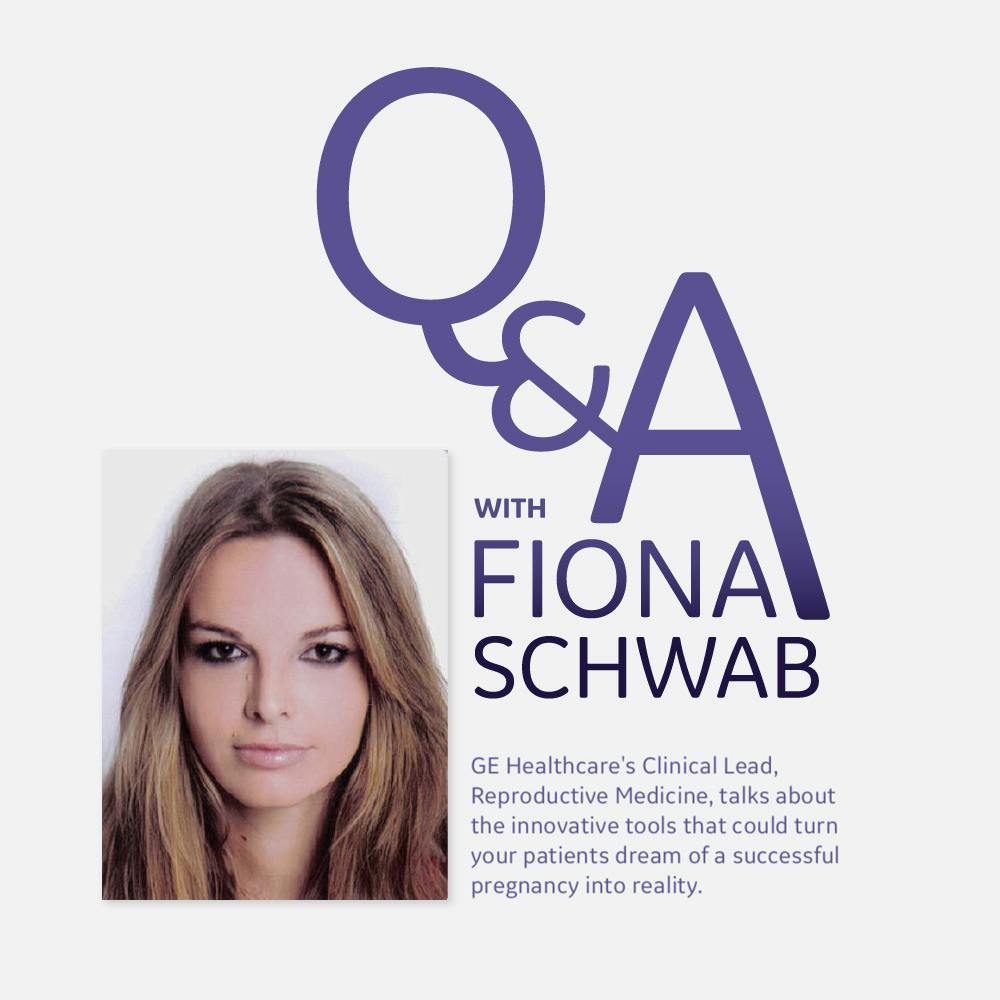Fertility research is a quickly moving field. Here, we present a roundup of some of the latest important papers published on fertility, in vitro fertilization (IVF) and assisted reproductive technology (ART).
Stress During Pregnancy Linked to Lower Reproductive Function in Male Offspring
Previous IVF research has shown that the first few months of pregnancy are a vulnerable stage of development for the male reproductive organs. Now, a multigenerational study from Western Australia published in Human Reproduction suggests that a mother's stress during the first 18 weeks of pregnancy is associated with reduced sperm counts and other changes in reproductive function in adult male offspring.
The study followed up with 643 men whose mothers had participated in a study from 1989 to 1991, during which they recorded stressful life events during pregnancy via a questionnaire. The men underwent testicular ultrasound examination and semen analysis as well as blood serum testing for reproductive hormones. For the 63 percent of males who were exposed to at least one stressful life event in utero, stress was negatively associated with total sperm count, the number of progressive motile sperm and testosterone levels.
No Overall Increased Risk of Cancer in Children Born After Fertility Treatment
While IVF safety is high overall, patients often express concern about the potential connection between fertility treatment and childhood cancer. Physicians can reassure patients with empathy and help them understand study results that show either very small or no overall increased risk.
Now, a new study of nearly 48,000 Dutch children published in Human Reproduction found that children born using ART do not seem to be at any greater risk of developing cancer compared to children conceived without ART.
The study examined a nationwide cohort with prospective followup of a median of 21 years. ART-conceived children were compared to spontaneously conceived children from subfertile women and the general population. Children conceived via ART had no statistically significant increase in risk. There were slight, nonsignificantly increased risks of cancer in children conceived by intracytoplasmic sperm injection (ICSI) and cryopreservation, and similar risks for lymphoblastic leukemia and melanoma in ART-conceived children.
One of the acknowledged limitations of the study is that cancers in children and young adults are rare. The authors emphasize the need for larger studies with more prolonged followup.
Timed Vaginal Insemination Effective for HIV-Discordant Couples Attempting Pregnancy
Compared to recent decades, many HIV-positive women with access to care and medication now enjoy long, full lives that include growing their families. A pilot study published in PLoSOne looked at safe reproductive options for 23 heterosexual couples with an HIV-positive female partner and an HIV-negative male partner. Timed vaginal insemination, performed for up to six menstrual cycles, yielded six live births without HIV transmission. Couples who did not become pregnant were offered a fertility evaluation and HIV RNA viral load assessment.
The researchers concluded that timed vaginal insemination is a feasible and effective method for attempting pregnancy in HIV-discordant couples.
IVF Linked to Heart Failure in Pregnancy
When discussing IVF risks and complications, physicians may have to add another one to the list based on a 2019 study. Women who have fertility treatment are at higher risk of pregnancy-associated heart failure called peripartum cardiomyopathy (PPCM), according to a study presented at Heart Failure 2019, a scientific congress of the European Society of Cardiology.
PPCM can be difficult to diagnose since some of the signs mimic normal pregnancy symptoms: shortness of breath, swollen legs and waking up at night to urinate. The IVF research study showed that the risk of PPCM is up to five times higher in women who have fertility treatment, suggesting that these women should be monitored more closely for the disorder. The study's authors noted that many women undergo multiple rounds of fertility treatment and may lose multiple pregnancies, which is another risk factor for PPCM.
Physicians should be aware of signs of cardiac stress and recommend cardiac checks to include echocardiography, either shortly before or after delivery, to rule out PPCM.
Endometriosis Associated With Altered Gut Microbiota
A study published in Endometriosis suggests that the gut microbiota may be altered in endometriosis patients. The authors used 16S ribosomal RNA sequencing to analyze gut bacteria in 66 women with endometriosis. Each patient was matched with three healthy controls.
Comparison of the microbiota analysis between patients and controls showed that both alpha and beta diversities were higher in controls compared to patients. The abundance of 12 species of bacteria belonging to five different classes differed significantly between the two groups as well.
Few studies have been done to investigate the association between endometriosis and gut microbiota, but these findings provide a basis for future research into the connection.




